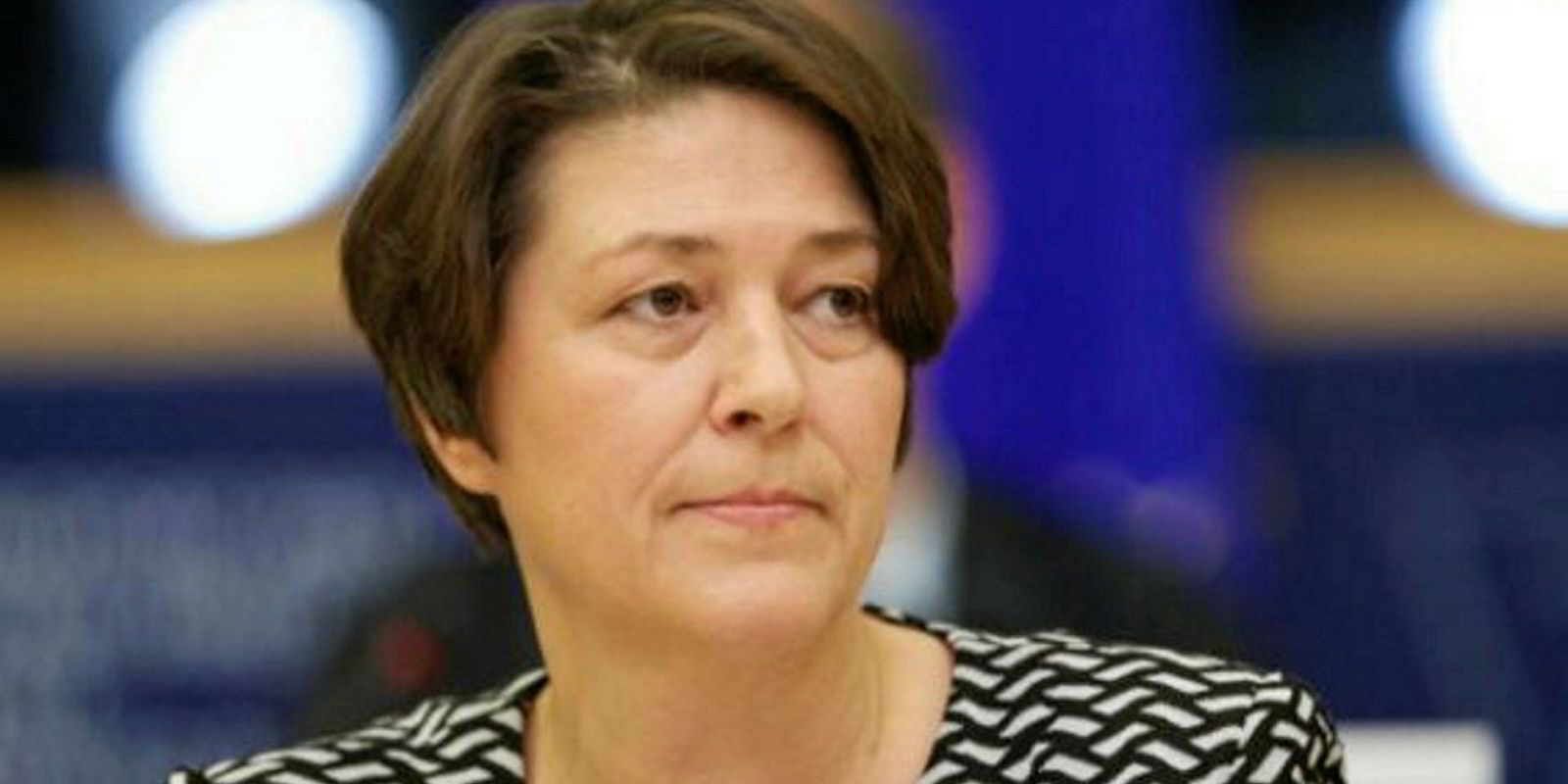As TradeWinds went to press, a decision on future carbon emission levels for shipping had yet to be decided, but indications were that the IMO was set to agree a rather more modest target than climate change campaigners were hoping for.
Negotiators were working on agreeing a 50% to 70% reduction on emissions levels by 2050, using 2008 emission volumes as a baseline.
European Parliament officials declared that would not be in line with their expectations, describing the negotiation package as “lame”.
European Union transport commissioner Violeta Bulc had earlier told TradeWinds she wanted to see the IMO hold up the ambition of a 100% reduction by 2050. “I believe we should keep the 100% reduction target as a guiding principle,” she said at the start of the talks this week.
However, as the week progressed, efforts to come to a compromise tempered attempts to strike an agreement.
A union of what has been described as “less-ambitious states”, headed by Brazil and Saudi Arabia, proved formidable opposition.
European Parliament members (MEPs) Bas Eickhout, Dubravka Suica and Jytte Guteland spent time trying to convince the less-ambitious countries to be more flexible, although apparently with little success.
As early as Tuesday afternoon, Eickhout admitted: “The powers that want to water down the proposal are gaining ground, and are using the argument the industry is not ready.”
The EU had found a useful ally in the Pacific Island states already hit by climate change, including the world’s second-largest flag state — the Marshall Islands — and Kiribati. But even these islands were forced to compromise on their position of 100% reduction by 2035.
However, equally important may be the lack of measures agreed at the IMO to achieve whatever targets it set.
The MEPs were so unhappy that no significant measures that would have an immediate impact on emissions, such as speed limits for ships, looked close to being agreed.
The EU will deliberate over its response once the targets and measures are agreed.
If it is not happy with the IMO’s response to climate action, the European Council has said it will take matters into its own hands from 2023.





